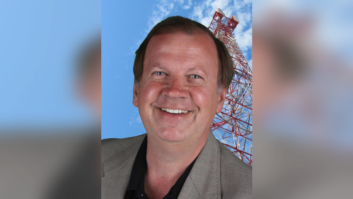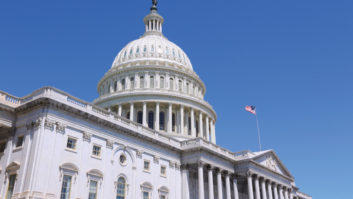The FCC continues to call attention to its enforcement activities against alleged operators of unlicensed FM signals that exceed legal limits, including the use of notices to landlords and owners of properties where such signals originate.
The latest list includes more than a dozen notices of unlicensed operation in Florida, Massachusetts, New York and New Jersey.
Three appear related to a single operation that allegedly caused interference to a translator in the Boston area. The FCC notified Quinton and Michelle Joseph of Dorchester Center, Mass., that broadcasts heard around Boston on 105.3 MHz exceeded legal limits. That frequency is occupied by a translator serving WPKZ(AM) in Fitchburg. The commission said it sourced interfering signals to a commercial building owned by New Fellowship Baptist Church, which also received a notice.
The commission lately has been including landlords and property owners in its enforcement efforts against radio piracy.
Also receiving recent NUOs for unlicensed FM signals were people in the Massachusetts communities of Everett (97.9 MHz), Randolph (92.1), Mattapan (100.1, heard in Brockton) and Dorchester Center (90.1, heard in Mattapan).
Locations in Florida include Sunrise (92.7), Pompano Beach (98.5), Lauderdale Lakes (106.3) and Delray Beach (95.1 and 104.7).
In the New York City area, the Enforcement Bureau issued notices in Brooklyn (99.3) and Hackensack, N.J. (90.5).
A notice typically tells the recipient, in all-capitals and bold font, that “unlicensed operation of this radio station must be discontinued immediately and must not resume.” It says the person has 10 days to show that they have authority to operate and that the commission will “use all relevant material information before it to determine what, if any, enforcement action is required to ensure your compliance with FCC rules.”






